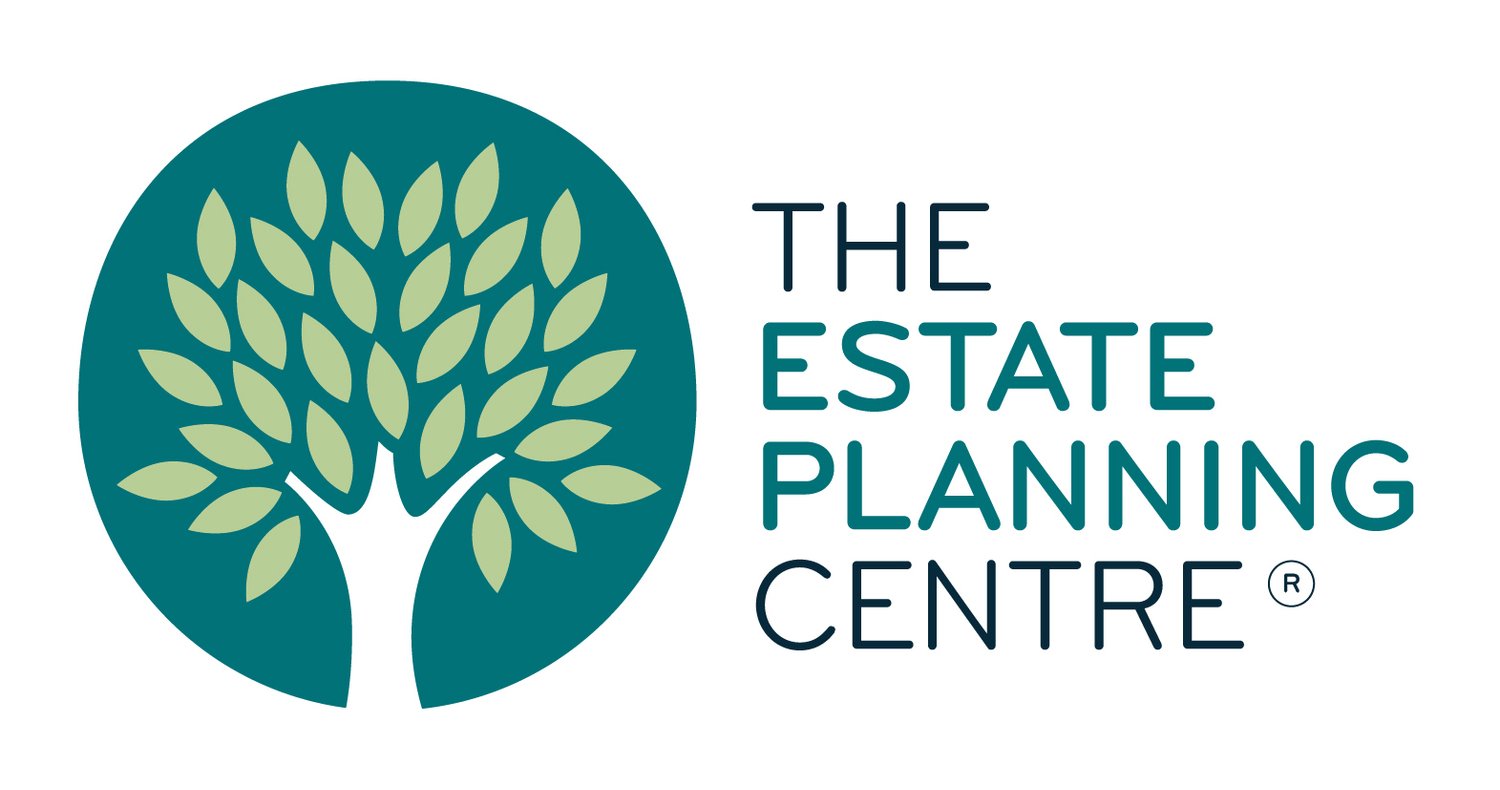Safeguarding Against Elder Abuse in Estate Planning: What is Elder Abuse?
Trust is the essence of estate planning. Who do we trust to manage our financial, medical, and personal affairs? Who do we trust to always act in our best interests? Who can be trusted with significant legal and financial powers?
For many clients, it is a family member who first comes to mind. Family members often have good insight into our financial and personal affairs and know explicitly or intuitively how we would like decisions to be made when we no longer have the legal capacity to make decisions for ourselves. However, it is important to appoint family members to decision-making positions because they are capable and trustworthy, not because we feel an obligation to choose them. Although we love them, not all family members can be trusted with legal and financial power.
Elder abuse is a distressing reality affecting a growing number of older persons worldwide, including in New South Wales. Elder abuse often occurs within families; alarmingly, the most frequent perpetrators of elder abuse are the adult children of the older person. Perpetrators of elder abuse may seek to manipulate estate planning and succession law to take advantage of older persons. At The Estate Planning Centre, our commitment is always to protect our clients from exploitation. It is critical that our staff and clients are aware of elder abuse, can recognise red flags and abusive behaviours, and take active measures to prevent elder abuse throughout the estate planning process.
What is elder abuse?
The World Health Organisation defines elder abuse as “a single or repeated act, or lack of action, occurring within a relationship where there is an expectation of trust, and which causes harm or distress to an older person”. There are many types of elder abuse; elder abuse may be physical, financial, psychological, emotional, sexual, social, or neglect.
What age is considered elderly?
In Australia, an older person is usually someone aged 65 or older. However, this definition may differ for persons belonging to a culture with a lower life expectancy than the national average. For example, an Indigenous Australian may be considered an older person from the age of 50.
What is the prevalence of elder abuse in Australia?
Elder abuse can be a hidden form of abuse because it often occurs within families ‘behind closed doors’. Consequently, it is difficult to know the true extent of older persons experiencing a form of abuse in Australia. However, the Australian Institute of Family Studies estimates that 1 in 6 older Australians experience a form of elder abuse.
In our next article, we will address the intersection between elder abuse and estate planning law, addressing the signs of elder financial abuse and the safeguards we take to protect our older clients throughout the estate planning process.
If this article has raised any concern, we encourage you to contact the NSW Disability and Ageing Abuse Helpline at 1800 628 221 or nswadc@adc.nsw.gov.au.
By Jaime Dunn
